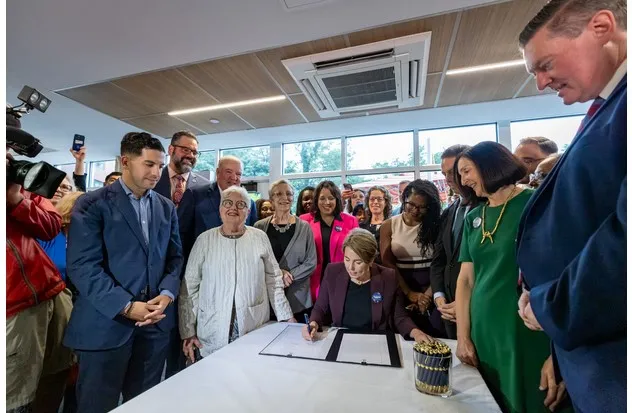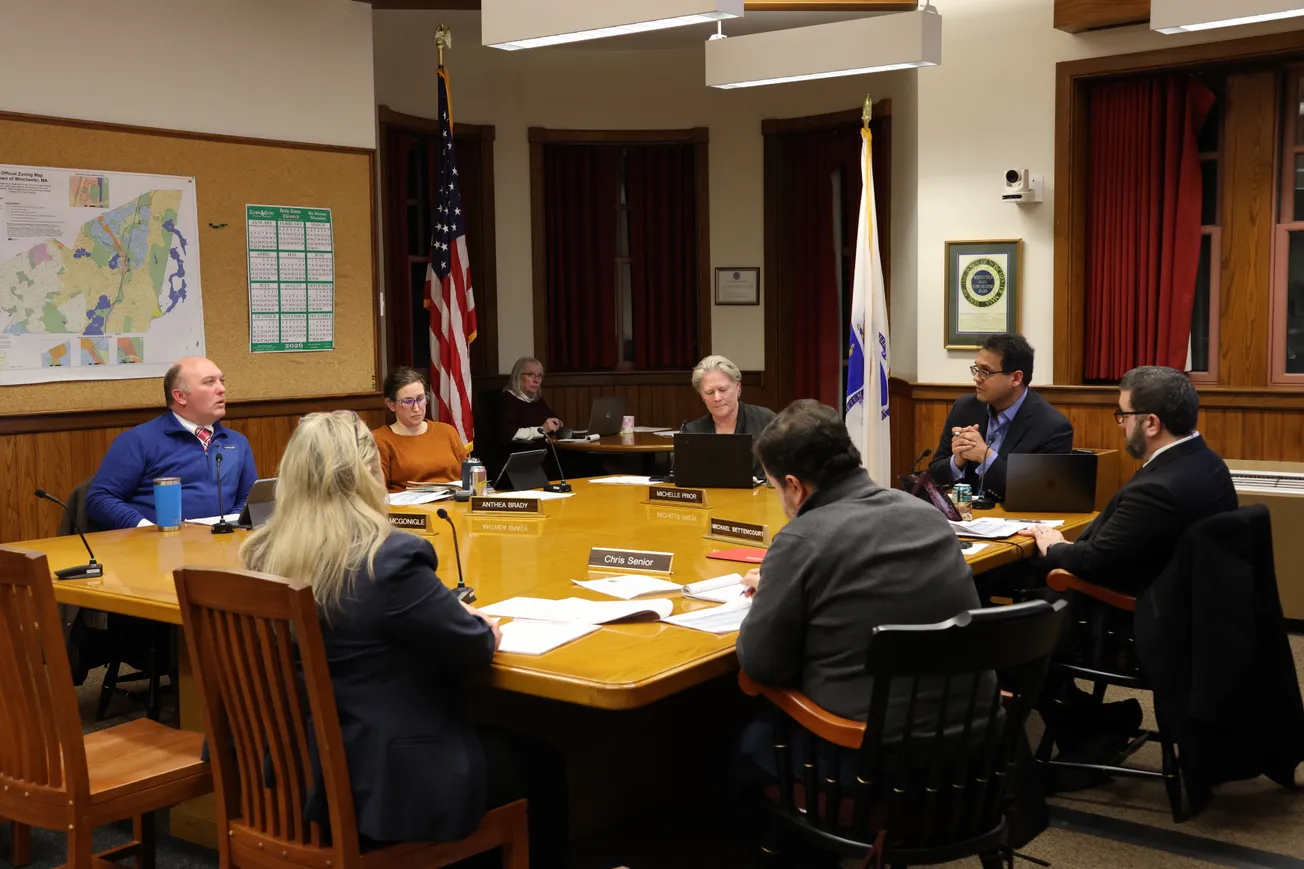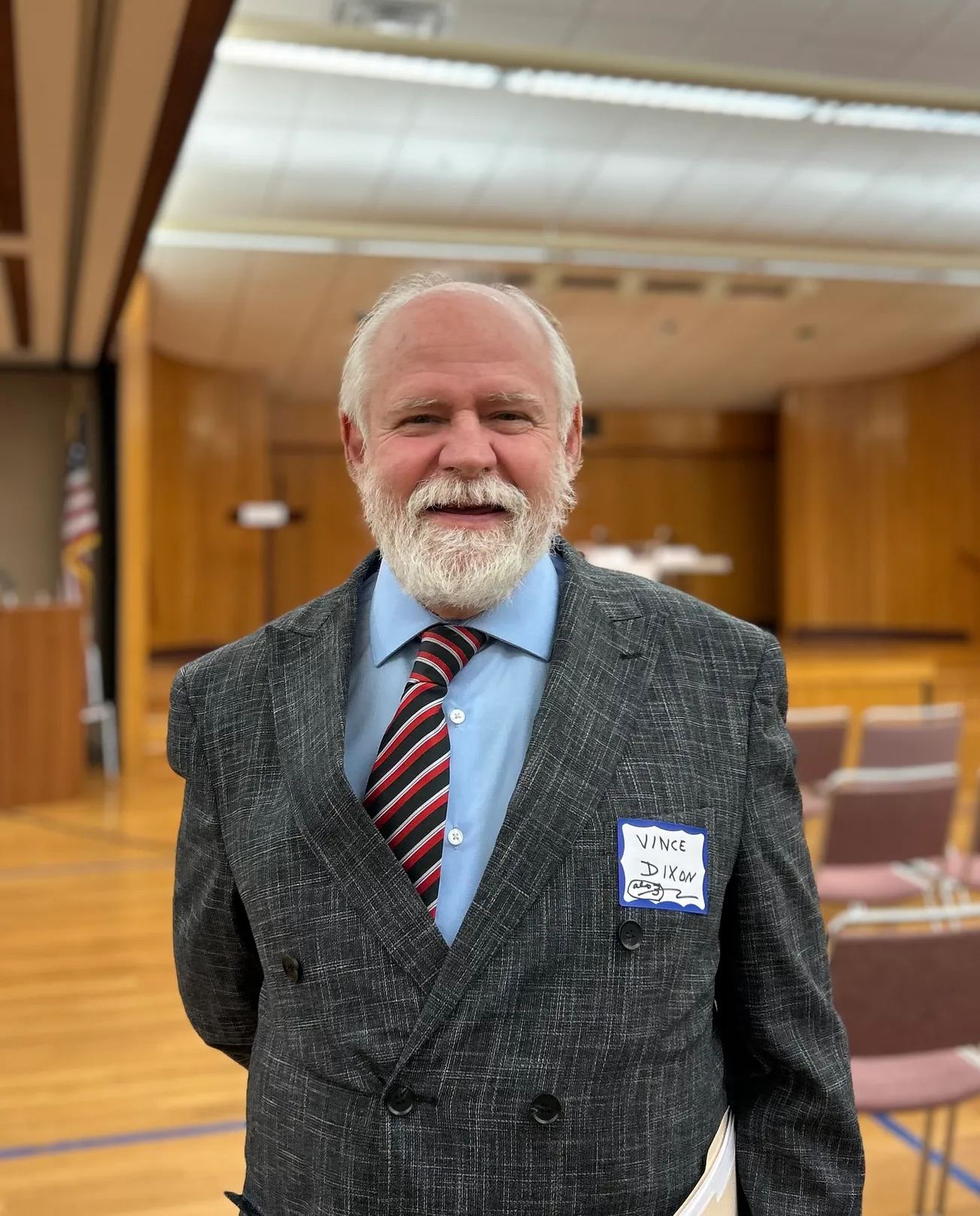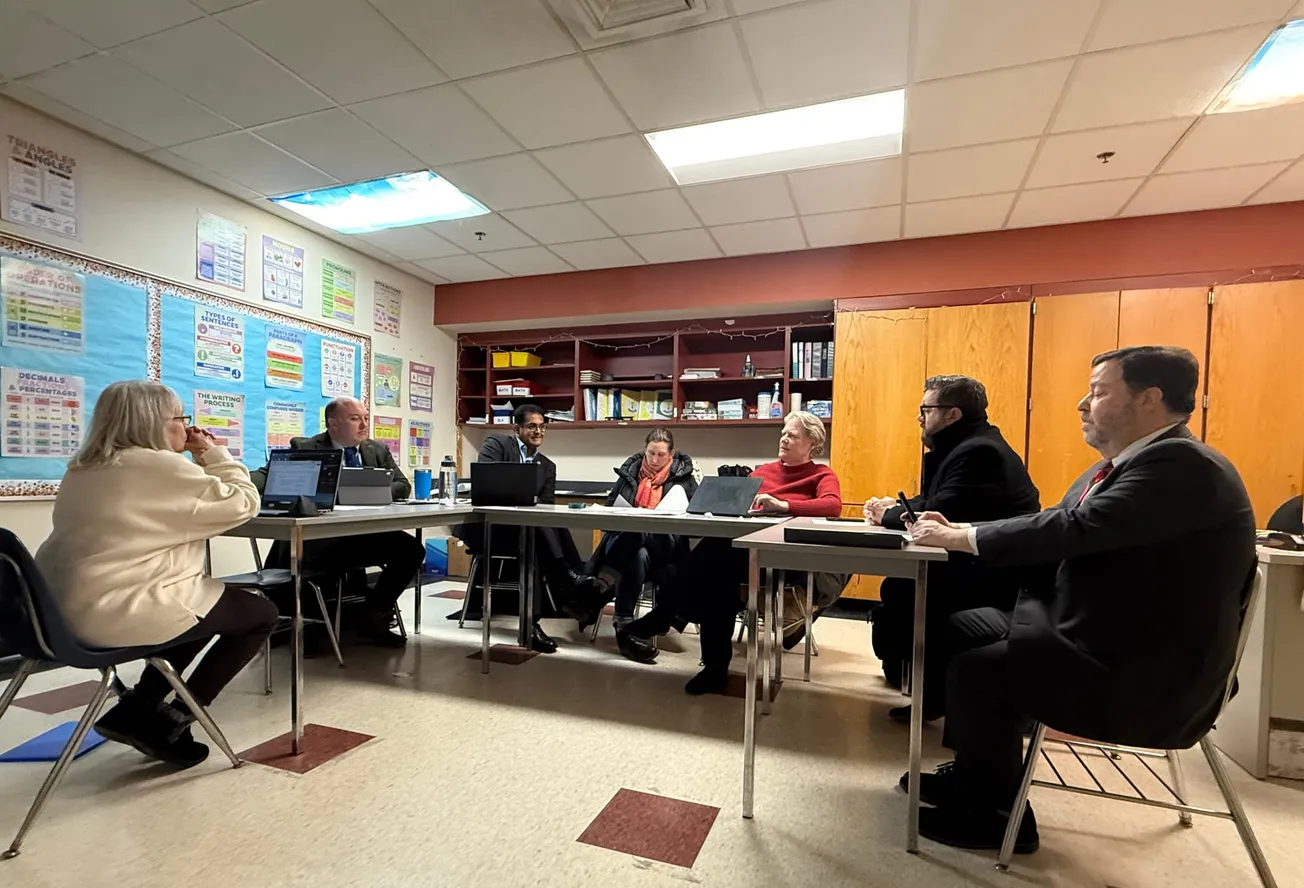Table of Contents
The following was submitted by the Office of Sen. Jason Lewis:
State Sens. Jason Lewis and Pat Jehlen and Reps. Michael Day and Michelle Ciccolo joined colleagues in the Massachusetts Legislature to pass the Affordable Homes Act, the largest investment in housing in Massachusetts history and a powerful step in tackling the state’s housing affordability crisis.
The legislation authorizes $5.16 billion in bond authorizations and tax credits to spur housing production in Massachusetts, while implementing sweeping policy initiatives to facilitate the development of affordable housing and preserve public housing in Massachusetts.
“Massachusetts is one of the most expensive places to live in the world, and it is challenging for young people and families to settle here,” said Day. “That’s why I was proud to vote in favor of the largest housing investment in our state’s history that makes targeted investments to increase and improve our housing stock.”
“The biggest challenge to keeping young adults and working families in Massachusetts is the high cost of housing, especially in the greater Boston area,” said Lewis. “This legislation is a major step forward in addressing the housing shortage and tackling the high rents and home prices that are putting affordable housing out of reach for so many people.”
“I’m happy to see the governor sign this bill. I’m glad we are able to give cities and towns these important tools to help address their housing needs but they need more tools to keep people from losing their homes,” said Jehlen.
“The cost of housing is one of the most significant barriers facing communities across the Commonwealth,” said Ciccolo. “I was so proud to vote for and support this legislation to authorize critical investments to address this crisis with the urgency and the scale that it demands.”
Key provisions in the Affordable Homes Act include:
• Spurring construction, preservation, and rehabilitation of units by authorizing up to $425 million for the Housing Stabilization Fund and the Community Investment and Preservation Fund and $275 million to consolidate the existing Transit Oriented Housing Program and the Climate Resilient Housing Program and create a new, innovative program to accelerate and unlock new housing.
• Maintaining and repairing public housing by authorizing up to $2 billion for repairs, rehabilitation, and renovation of the over 43,000 units of state-aided public housing.
• Further supporting public housing initiatives by authorizing up to $200 million to support Local Housing Authorities (LHAs) who partner with developers to add mixed-income developments on LHA land, $150 million to decarbonize the public housing stock, and $15 million for accessibility upgrades.
• Promoting affordable housing development by authorizing up to $800 million for the Affordable Housing Trust Fund which helps to create or preserve affordable housing for households earning less than 100% of area median income (AMI), $200 million to accelerate the development of mixed-income multifamily housing, $100 million for the Middle Income Housing Fund which funds housing development for households earning less than 120% of AMI, and $100 million for the Commonwealth Builder program for the construction of affordable single-family homes for households earning between 70% and 120% of AMI, primarily in Gateway Cities.
• Housing vulnerable populations, including seniors, veterans, people with mental health conditions or disabilities, people experiencing homelessness, and people recovering from substance use disorder by authorizing up to $385 million to promote a variety of programs and initiatives to find, modify, and support safe housing.
• Providing support for municipalities by authorizing up to $175 million for municipal infrastructure projects to encourage denser housing development; $50 million to provide payments to municipalities that receive a Housing Choice designation through high housing production and/or demonstration of best practices, including a grant program to assist MBTA Communities in complying with the multi-family zoning requirement in the MBTA Communities Law; $50 million for planning and zoning initiatives that support housing production, workforce training and economic opportunities, childcare and early education initiatives and climate resiliency initiatives; and $20 million to provide incentive payments to municipalities who adopt smart growth housing districts.
• Supporting accessory dwelling units (ADUs) by permitting one ADU equal or less than 900 square feet to be built by-right on a property in a single-family zoning district to create additional living spaces, which increases housing supply and provides more affordable rental options within established neighborhoods.
• Introducing a process for tenants to seal their eviction records in cases of no-fault evictions and other limited scenarios to protect vulnerable tenants from the long-term stigma of eviction records and enhance their ability to secure future housing.
• Assisting municipalities to convert commercial properties into multi-unit residential or mixed-use properties by making project sponsors eligible for a tax credit of up to 10% of the development costs upon completion of a project.
• Extending the sunset of the Historic Rehabilitation Tax Credit through Dec. 31, 2030, and increasing the total available amount from $55 million to $110 million.
After passing both the House of Representatives and the Senate, the Affordable Homes Act was signed into law by Gov. Maura Healey on Aug. 6, 2024.







